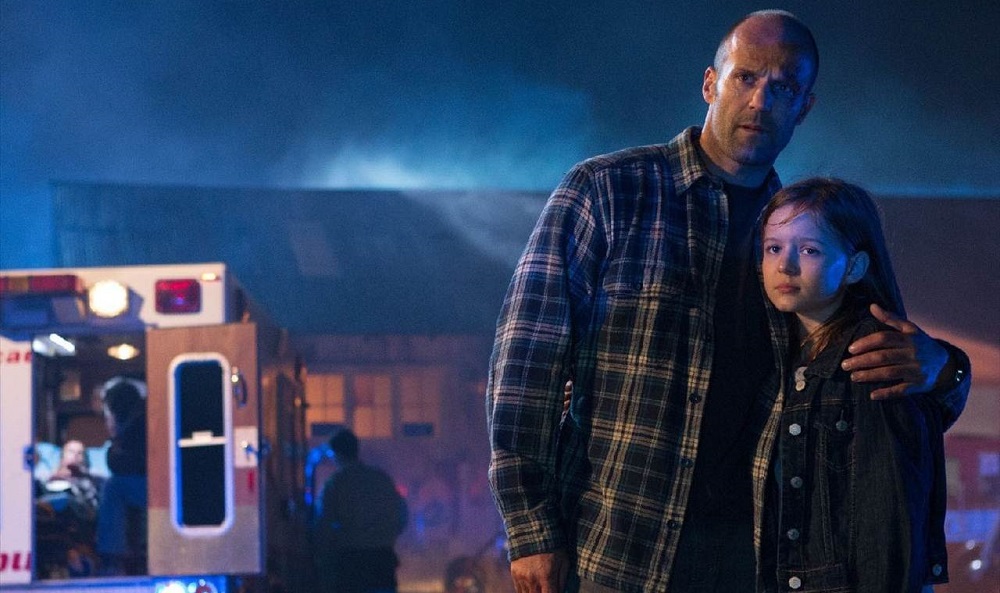
Homefront (2013)
by Sara Michelle Fetters - November 27th, 2013 - Movie ReviewsFor all its over familiarity, as much as it gaily wades in the shallow end of the cinematic intellectual gene pool, Homefront is far more entertaining than it has any right to be, and I don’t have a problem with that whatsoever.
For all its over familiarity, as much as it gaily wades in the shallow end of the cinematic intellectual gene pool, Homefront is far more entertaining than it has any right to be, and I don’t have a problem with that whatsoever.
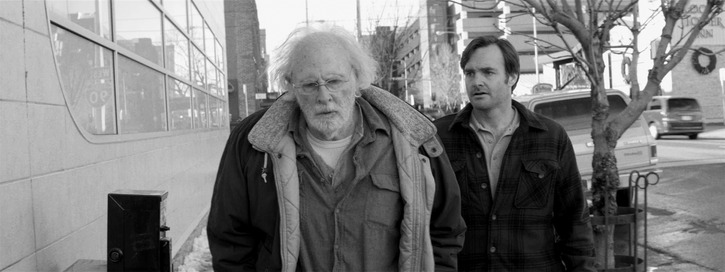
Nebraska (2013)
by Sara Michelle Fetters - November 27th, 2013 - Movie ReviewsFor all its imbalances, even with the absurd nature of the premise that compels events forward, their relationship is entirely real, the simple triumph of saying, “I love you,” a victory all of us can relate to, making Nebraska (2013) a father-son saga of perseverance and commitment worthy of celebration.
For all its imbalances, even with the absurd nature of the premise that compels events forward, their relationship is entirely real, the simple triumph of saying, “I love you,” a victory all of us can relate to, making Nebraska (2013) a father-son saga of perseverance and commitment worthy of celebration.
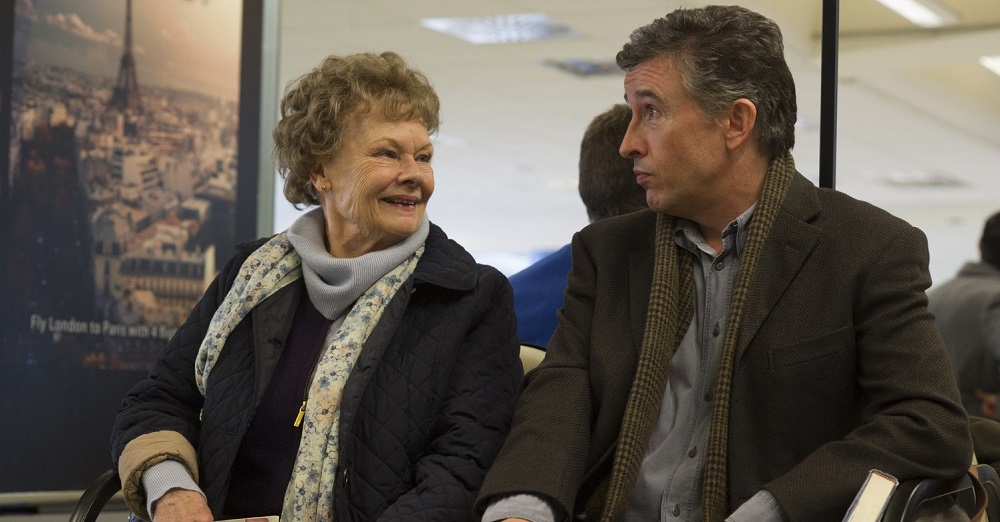
Philomena (2013)
by Sara Michelle Fetters - November 27th, 2013 - Movie ReviewsPhilomena isn’t out to change the world or do something flashy, different and new; it doesn’t want to offer up a litany of unexpected surprises or shocking plot turns. What it is interested in doing, and what it does extremely well, is bring this simple story of redemption, discovery and, ultimately, triumph to life in a way that is emotionally affecting without feeling melodramatic or mawkish.
Philomena isn’t out to change the world or do something flashy, different and new; it doesn’t want to offer up a litany of unexpected surprises or shocking plot turns. What it is interested in doing, and what it does extremely well, is bring this simple story of redemption, discovery and, ultimately, triumph to life in a way that is emotionally affecting without feeling melodramatic or mawkish.
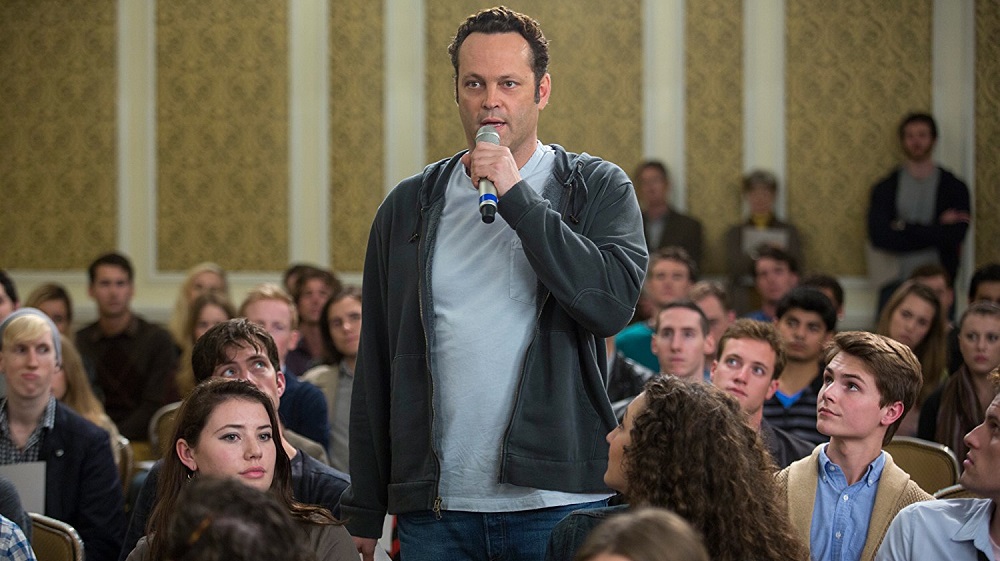
Delivery Man (2013)
by Sara Michelle Fetters - November 22nd, 2013 - Movie ReviewsVaughn’s performance and a handful of pleasing moments notwithstanding, Delivery Man doesn’t transport an entertainment package worth getting excited about, let alone one any potential audience member should be paying good money to see.
Vaughn’s performance and a handful of pleasing moments notwithstanding, Delivery Man doesn’t transport an entertainment package worth getting excited about, let alone one any potential audience member should be paying good money to see.
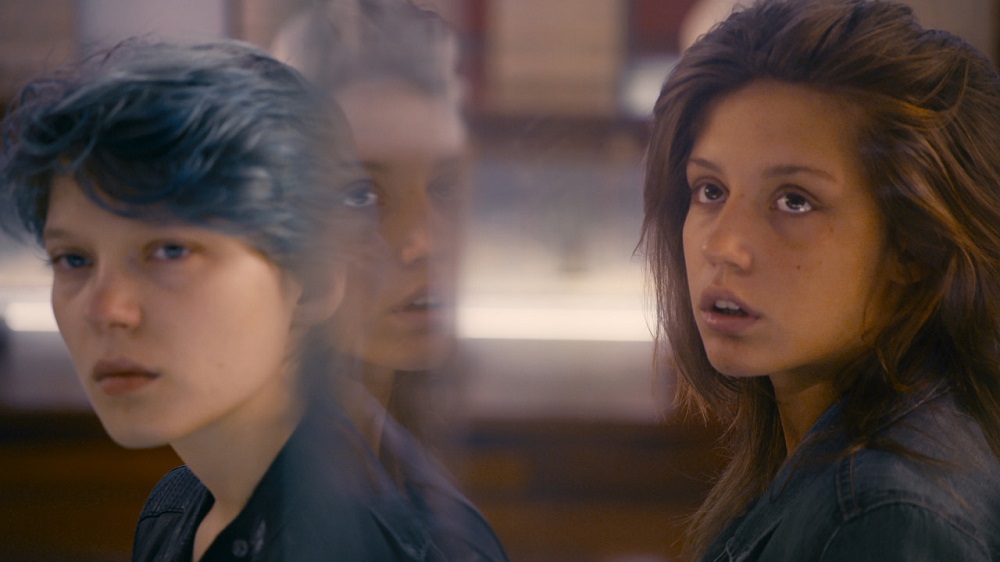
Blue is the Warmest Color (2013)
by Sara Michelle Fetters - November 20th, 2013 - Four-Star Corner Movie ReviewsEven at nearly three hours, Blue is the Warmest Color is never out of sorts or unfocused, and while certain tangents have the initial aura of being inconsequential, the filmmaker continually connects all the dots, giving things a ruthless eloquence difficult to describe and even harder to dismiss.
Even at nearly three hours, Blue is the Warmest Color is never out of sorts or unfocused, and while certain tangents have the initial aura of being inconsequential, the filmmaker continually connects all the dots, giving things a ruthless eloquence difficult to describe and even harder to dismiss.
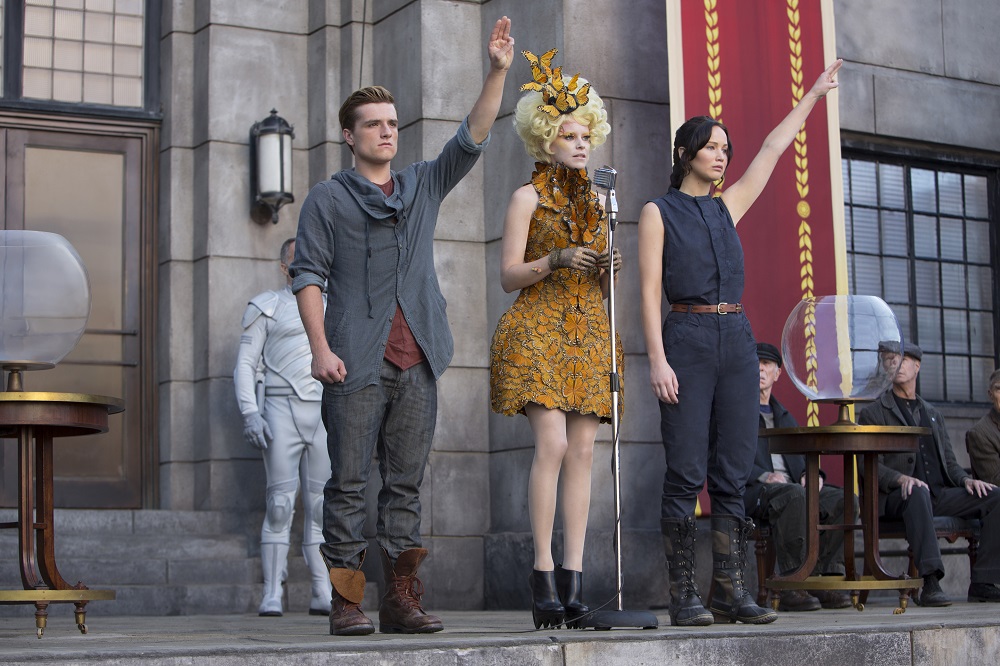
The Hunger Games: Catching Fire (2013)
by Sara Michelle Fetters - November 19th, 2013 - Movie ReviewsThing is, Lawrence doesn’t allow herself to go over the top into cartoonish histrionics, holding her own in every scene no matter what’s going on or who it is she’s sharing the frame with. The last image is all about her, the film closing on a fantastic transformative sight that showcases all who Katniss has been with all she is about to be become.
Thing is, Lawrence doesn’t allow herself to go over the top into cartoonish histrionics, holding her own in every scene no matter what’s going on or who it is she’s sharing the frame with. The last image is all about her, the film closing on a fantastic transformative sight that showcases all who Katniss has been with all she is about to be become.
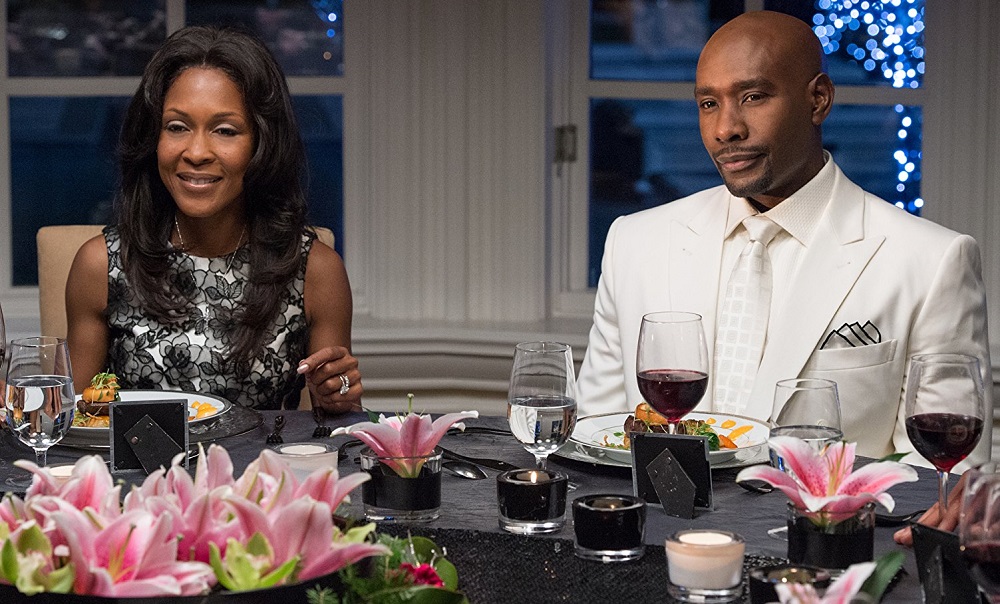
The Best Man Holiday (2013)
by Sara Michelle Fetters - November 15th, 2013 - Movie ReviewsBetween motion pictures, 14 years is admittedly a long time, so even with its original cast all returning there wasn’t any question that expectations for The Best Man Holiday were relatively low. That Lee’s sequel initially exceeds expectations is worthy of celebration. The fact it falls so incredibly flat and becomes a miserable melodramatic waste of time equally worthy of derision.
Between motion pictures, 14 years is admittedly a long time, so even with its original cast all returning there wasn’t any question that expectations for The Best Man Holiday were relatively low. That Lee’s sequel initially exceeds expectations is worthy of celebration. The fact it falls so incredibly flat and becomes a miserable melodramatic waste of time equally worthy of derision.
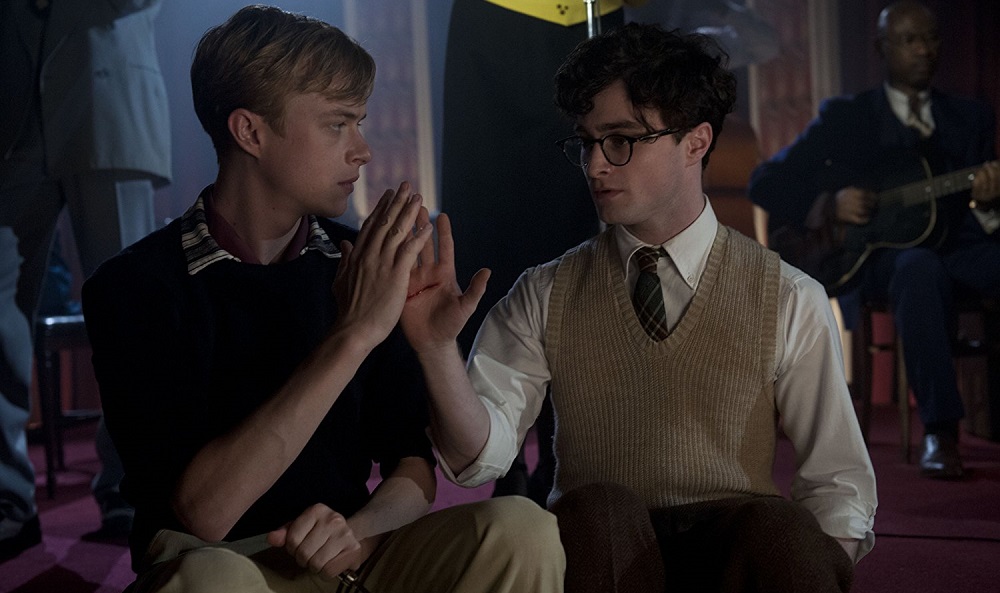
Kill Your Darlings (2013)
by Sara Michelle Fetters - November 15th, 2013 - Movie ReviewsKill Your Darlings is weirdly aloof at the most inopportune of moments, the whole thing eventually a muted, constipated frustration that for whatever reason refuses to come alive making watching the film in its entirety a waste of 104 minutes.
Kill Your Darlings is weirdly aloof at the most inopportune of moments, the whole thing eventually a muted, constipated frustration that for whatever reason refuses to come alive making watching the film in its entirety a waste of 104 minutes.

Thor: The Dark World (2013)
by Sara Michelle Fetters - November 7th, 2013 - Movie Reviews[The] only reason Thor: The Dark World exists is to start putting in place the building blocks leading to both Guardians of the Galaxy and 2015’s The Avengers: Age of Ultron. It’s the teaser leading to the epic conclusion, little things like character development and honest human emotions unimportant just as long as the seeds for coming chapters are cunningly sown.
[The] only reason Thor: The Dark World exists is to start putting in place the building blocks leading to both Guardians of the Galaxy and 2015’s The Avengers: Age of Ultron. It’s the teaser leading to the epic conclusion, little things like character development and honest human emotions unimportant just as long as the seeds for coming chapters are cunningly sown.